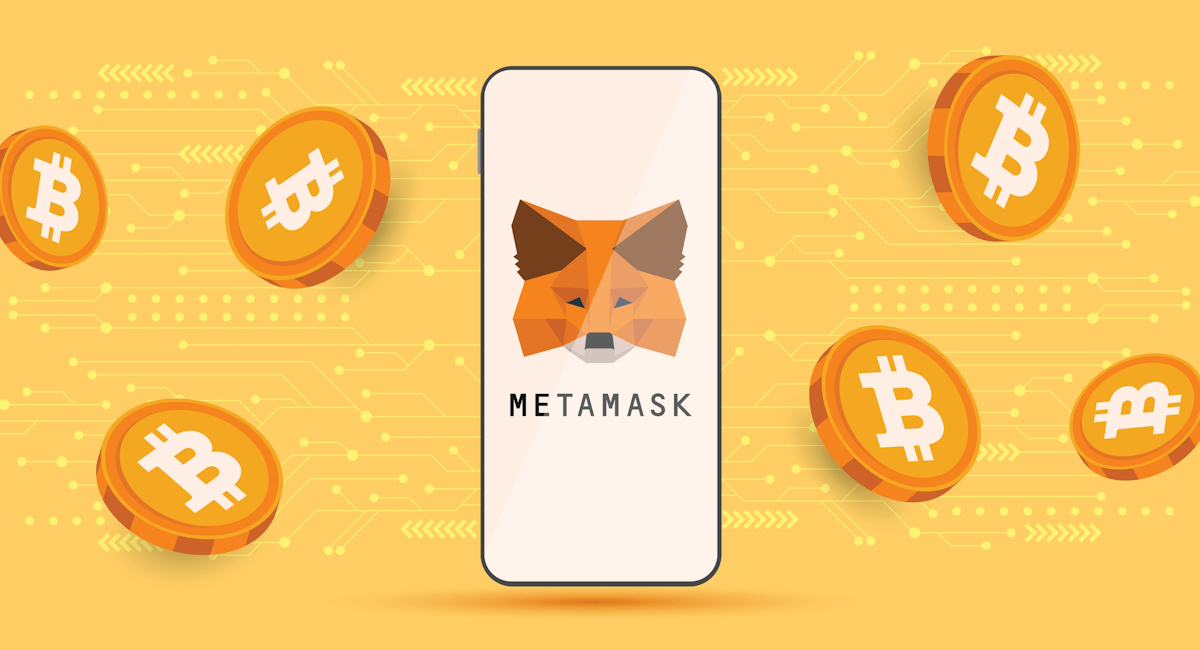
Understanding Crypto Wallets: A Beginner’s Guide
Cryptocurrencies like Bitcoin, Ethereum, and thousands of others have seen exponential growth in recent years, sparking a global interest in digital currencies. But if you’re looking to get involved, whether for investment or transactional purposes, one key element you’ll need is a crypto wallet. In this article, we’ll explore what a crypto wallet is, how it works, the different types Metamask wallet, and how you can choose the right one for your needs.
What is a Crypto Wallet?
A crypto wallet is a digital tool that allows users to store and manage their cryptocurrency assets. It functions similarly to a traditional wallet, but instead of holding physical currency, it holds private keys that are used to access and manage your cryptocurrency holdings.
A crypto wallet doesn’t actually store the cryptocurrencies themselves, but rather the keys needed to interact with the blockchain where the cryptocurrencies are stored. The private key is essentially your secret password that gives you access to your funds, while the public key is like an account number that allows others to send you cryptocurrency.
How Does a Crypto Wallet Work?
A crypto wallet interacts with the blockchain network, which is the decentralized ledger that records all transactions made with a particular cryptocurrency. When you send crypto, you sign off on the transaction using your private key, confirming that you are the rightful owner of the funds.
The wallet ensures security by storing the private key offline in the case of hardware wallets or encrypting it with strong passwords in the case of software wallets.
Types of Crypto Wallets
There are several types of crypto wallets, each with varying levels of security, convenience, and usability. The two primary categories are:
- Hot Wallets:
These wallets are connected to the internet, making them more convenient for frequent transactions but also more vulnerable to hacks. Hot wallets come in various forms:- Software Wallets: Installed on your desktop or mobile device, they allow you to easily send and receive cryptocurrency. Popular examples include Exodus, Trust Wallet, and Coinbase Wallet.
- Web Wallets: These are browser-based wallets accessible through websites. Although convenient, they can be risky since your private keys are stored on servers managed by the wallet provider, creating potential vulnerability. Examples include MetaMask and Blockchain Wallet.
- Cold Wallets:
These wallets are offline, making them highly secure as they are not connected to the internet. Cold wallets are ideal for long-term storage of cryptocurrency. Types of cold wallets include:- Hardware Wallets: These are physical devices, similar to a USB stick, that store your private keys offline. Some of the most well-known hardware wallets are Ledger Nano S and Trezor.
- Paper Wallets: A more rudimentary form of cold storage, a paper wallet involves printing your private and public keys on a piece of paper and storing it securely. The downside is that it can be easily lost or damaged.
Choosing the Right Crypto Wallet
Choosing the right crypto wallet depends on your specific needs, such as security, convenience, and the volume of transactions you intend to make. Here are some factors to consider:
- Security: If your primary concern is security, opting for a cold wallet, especially a hardware wallet, is a good idea. It ensures your private keys are stored offline and are not susceptible to online threats.
- Ease of Use: For beginners or users who make frequent transactions, a hot wallet (especially a software wallet or mobile wallet) offers a user-friendly interface and quick access to your funds.
- Compatibility: Some wallets support a variety of cryptocurrencies, while others are designed specifically for certain coins (e.g., Bitcoin wallets, Ethereum wallets). Ensure your wallet supports the coins you intend to store.
- Backup and Recovery: Losing access to your crypto wallet can mean losing your funds. Look for a wallet that offers backup and recovery options, like seed phrases, which can help you restore your wallet if you lose access to it.
Pros and Cons of Crypto Wallets
Pros:
- Control Over Funds: With a crypto wallet, you have complete control over your cryptocurrencies, unlike traditional bank accounts.
- Security: Cold wallets, particularly hardware wallets, offer a high level of security by keeping private keys offline.
- Privacy: Cryptocurrencies offer a degree of privacy, especially with wallets that don’t require personal information to be linked.
Cons:
- Risk of Loss: If you lose your private key or seed phrase, you lose access to your funds. No one can help you recover them.
- Hacking Risks: While cold wallets are more secure, hot wallets are vulnerable to hacks and phishing attacks.
- Complexity: Some wallets, especially hardware wallets, may be difficult for beginners to set up and use.
Final Thoughts
A crypto wallet is an essential tool for anyone looking to dive into the world of cryptocurrency. Whether you are holding your assets for long-term investment or making daily transactions, choosing the right wallet and understanding its features will go a long way in ensuring the safety and convenience of your crypto holdings.